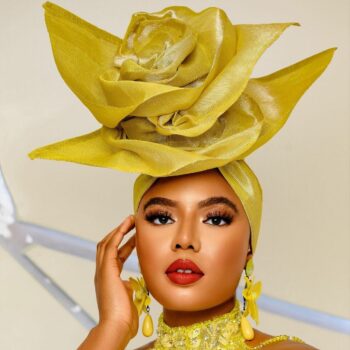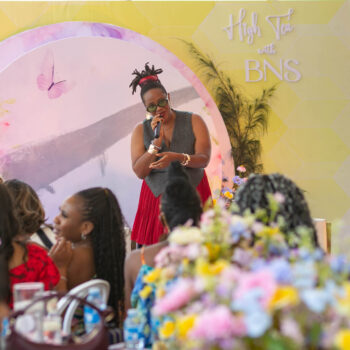
Despite starting out as a by product of American skateboard culture before becoming a bigger and self-sustaining subculture of it’s own, street-wear in Cape Town has had major success in the past years leading to it creating it’s own spin off subcultures in far off London and Tokyo. For the young designers who helped prop up street-wear in Cape Town, it wasn’t always easy to tap into street-wear from other countries while in South Africa.
“It was really difficult to get information from the outside world when it came to any subculture,” says Anthony Smith, the creative director of 2Bop “We’d seek out what little information we could through MTV VHS tapes or fashion magazines or skate videos that somehow made their way into the country and then emulate our own version of things.”

With the disenfranchisement that came with the apartheid non-white South Africans took to a development of other subcultures in an attempt to be a part of a larger and global conversation. As a result of this, the club and skateboarding scene witnessed tremendous growth leading a boom that they are still enjoying till date.
“I think that might’ve been one of the ironic benefits of being isolated as the southernmost people of Africa” Smith says explaining the relationship between the apartheid and the growth of the street-wear scene ”We were forced to create our own things or put our own spin on things that we loved from subcultures that we really resonated with.”
i-D further explores the intersections of the Then and the Now, how apartheid and systematic racism is affecting and has affected the street-wear scene in South Africa and it further pushes past these bumps with resilience and thanks to creatives like Smith who become a sort of godfather to these other creatives.
Read the full article here.




